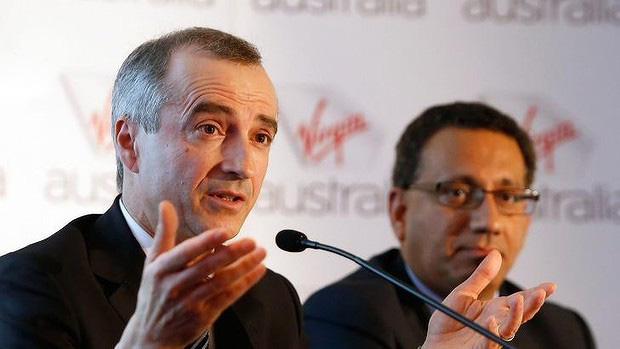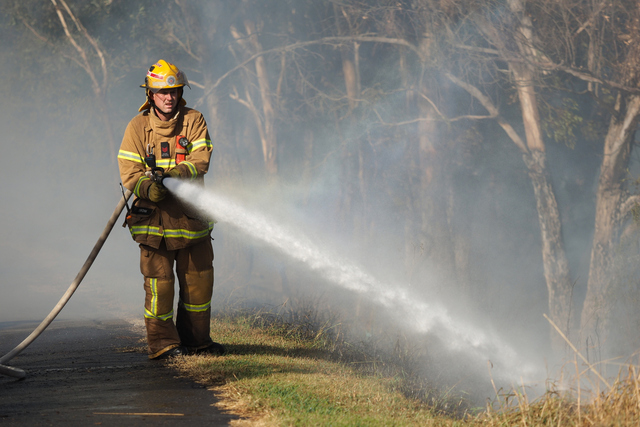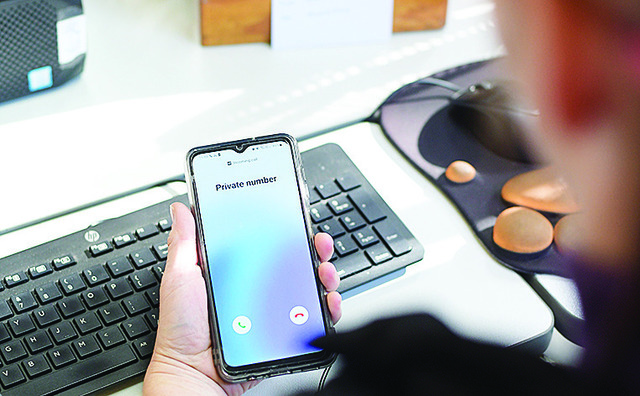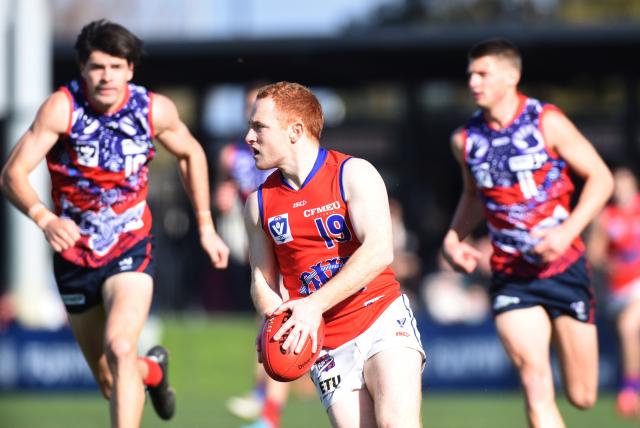Virgin Australia is cementing its grip on loss-making budget carrier Tigerair Australia, buying the 40 per cent stake it doesn’t already own for $1.
The purchase from Singapore-listed Tiger Holdings – announced as Virgin reported a $45 million first-quarter pre-tax underlying loss – will give Virgin full control of the airline and brand rights to fly Tigerair to a number of short-haul international destinations.
The $1 price for 40 per cent is a far cry from the $35 million Virgin paid for its existing 60 per cent stake in the budget carrier last year.
However, Virgin will now have to take on the full share of Tigerair’s losses, which rose in the first quarter relative to the prior year.
Virgin chief executive John Borghetti said that as consumer demand in the Australian domestic market continued to be subdued, the Tigerair domestic fleet was likely to be reduced. “Under this proposed transaction, we will benefit from the economies of scale and achieve profitability ahead of schedule by the end of 2016, by leveraging the resources of the wider Virgin Australia Group,” he said.
Virgin said its first-quarter underlying loss represented an 18.3 per cent improvement over the prior corresponding period, with the first quarter being traditionally a weak business period. Last year, Virgin reported a $49 million underlying pre-tax loss in the first quarter, implying the second quarter was profitable.
The latest result excluded $11.6 million of quarterly pre-tax losses from Tigerair, up from $9.7 million last year due to ongoing subdued consumer sentiment.
The Virgin figures compare with Qantas’ forecast of a pre-tax underlying profit in the first half of the financial year.
Virgin chief financial officer Sankar Narayan said that while the leisure market remained subdued, the airline had delivered further growth in the corporate and government segment and made good progress in containing costs. Overall, revenue rose by 1.3 per cent but continued weakness in leisure demand resulted in yields, or returns on fares, remaining in line with last year. Costs rose by less than 1 per cent in the first quarter.
Mr Narayan said that at the end of September, forward booking revenues for Virgin were up 3 per cent relative to the same time last year.
Overall, Virgin increased its domestic capacity by 0.5 per cent in the first quarter, with its load factor, or percentage of seats filled, falling by 1 percentage point to 77.2 per cent. Tigerair increased its capacity by 9 per cent from last year and its load factor increased by 0.5 percentage points to 90.2 per cent in the first quarter.
Mr Borghetti did not say whether Tigerair would replace Virgin on flights to international leisure destinations such as Bali, Phuket, Fiji and New Zealand as part of the Virgin acquisition. Virgin last year reported a loss from its international operations.
The Bali route in particular is becoming more competitive, with Indonesia AirAsia X poised to launch flights from Melbourne and Sydney to Bali by the end of the year.
Virgin, which last year reported a $46.1 million loss from its current 60 per cent stake in Tigerair, expects the deal will be completed by the end of the year.
Mr Borghetti last month told Fairfax Media that Virgin planned to slow the growth of Tigerair relative to its initial plans.
On Friday, he emphasised Virgin remained committed to maintaining Tigerair’s low-cost business model and separate brand to ensure it could deliver the most competitive pricing in Australian budget travel.
Tiger Holdings is part-owned by Singapore Airlines, which is one of the largest shareholders in Virgin.
This story first appeared in The Age







